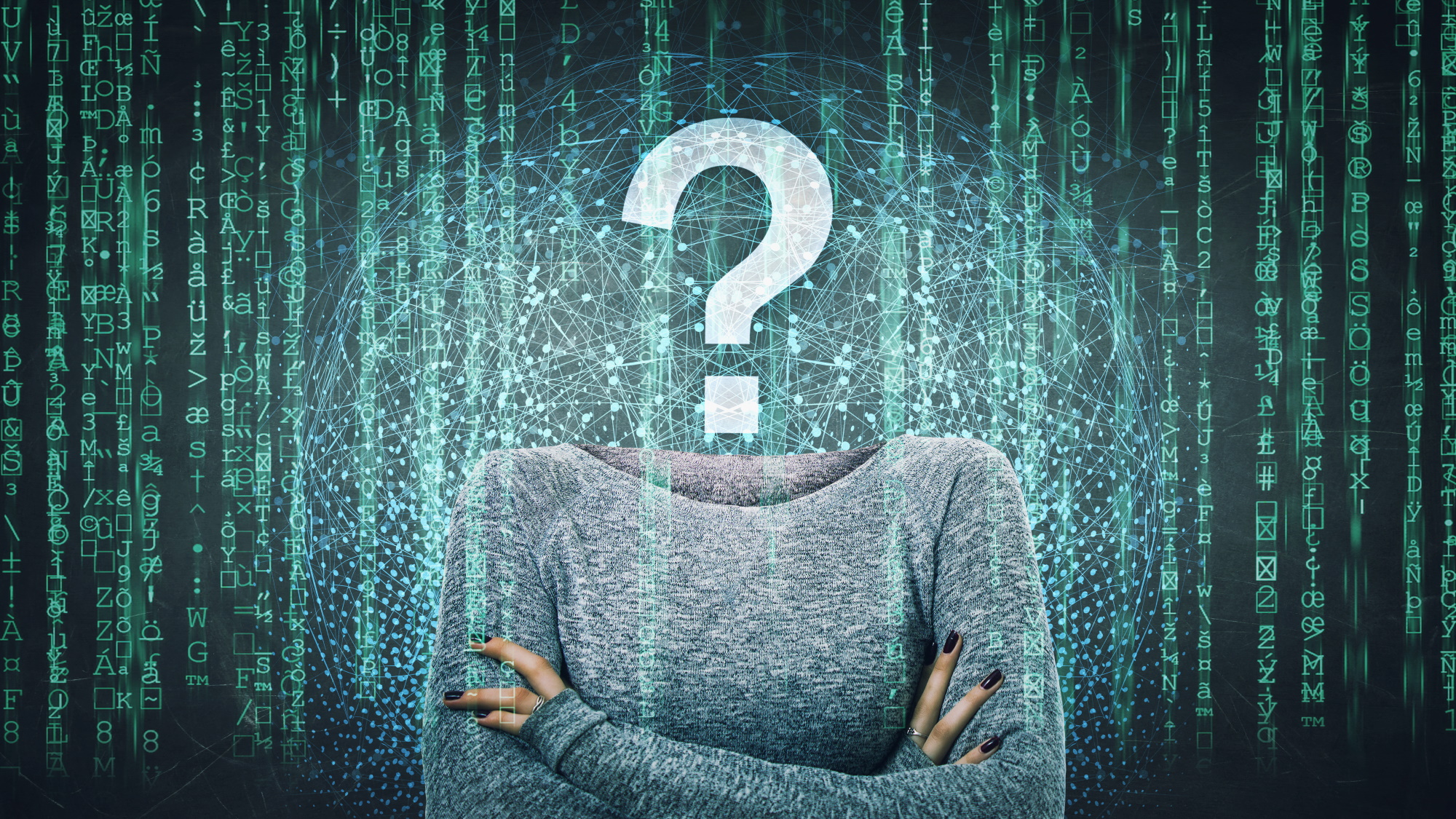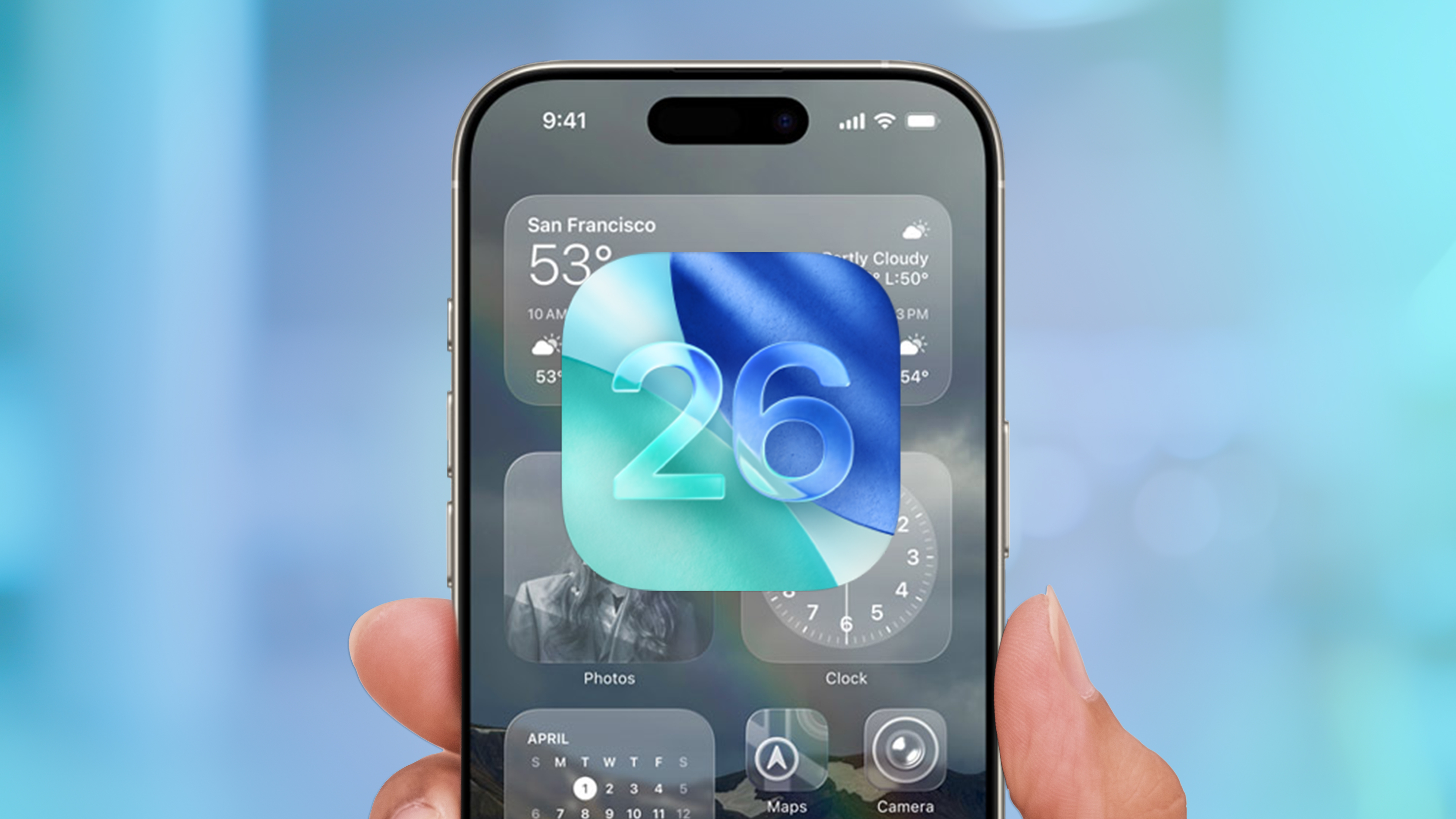Are you really invisible when you use a VPN?

Like most things in life, being invisible online is not quite as absolute as you might think. There are various levels of invisibility. How much data you expose about your personal identity and how much you want to reveal about your location depends on several technical factors. The most important thing to know? There is a way to protect both your identity and your location – by using the best VPN (Virtual Private Network).
- Setup VPN: our comprehensive guide for all devices
- Here's exactly how to change region on Netflix
While a VPN is not 100% secure at all times and you may not be completely invisible, it is far better to use a VPN if you care about obscuring personal details and location than simply exposing this data for everyone to see.
- Free up the Internet in the East with a China VPN
- Looking specifically to stream? See the best Netflix VPN services
- Get yourself an extra layer of security with the best antivirus
How VPNs work
A VPN obscures your IP address to any website or app on your phone by creating a secure tunnel between you and the server you’re connected to. With most VPNs, you register for the product and then, when you connect, you select the country where you want to form the connection (such as the UK, Canada, Australia, Singapore... practically anywhere).
When you connect from a phone or computer, the VPN creates a secure link so that you don’t expose your actual location or identity. This all works in the background.
If you register for a service like ExpressVPN, it will create a VPN for all Internet traffic. Let’s say you decide to fire up the Hulu app and watch some shows. The VPN makes sure you’re protected from prying eyes (and advertisers) for everything you do that’s Internet-related. Plus, if you're outside the US, you can watch it by logging on to a US VPN server.
- How does a VPN protect your privacy and anonymity?
- Learn about the vast range of VPN uses in our guide
Now, a little more of an explanation can help. Websites don’t actually know your name and address – unless you type that into a web-based form or register for a site. However, they do build a user profile based on your IP address so they can determine which products you like, which videos you stream, and also your general location – say, that you live in downtown Seattle, or Oldham in Manchester.
User profiles are incredibly common, especially when it comes to social media platforms. Websites use cookies that track what you do and which sections of a site you visit.
All of this is obscured with a VPN, but there's one important point to mention here: If you do log in to a website or type in location information, a credit card, a physical address, or any other personally identifiable information, a VPN won’t help at all. A VPN protects the actual connection and your IP address, which is provided by your Internet Service Provider (ISP).
However, it has nothing to with purposefully typing in data into web forms, for your website login, or even things like filling out a survey where the site operator asks for your city name. Once you hand this information over, a VPN can’t protect you from being tracked and hounded with ads.
Levels of invisibility
So that’s the good news. A VPN does protect your website visits, the apps you use for streaming, and even if you run a personal media server. However, there are levels of invisibility to be aware of, and those levels can depend on which VPN you use.
One example of this is if you use an ad-supported free VPN from a provider that isn't reputable. The service might be free to use, but in actuality, some VPN services are known to sell your personal information and even your website visits.
Also, ad-supported VPN clients can still show you relevant ads and even insert banner ads and other advertising data on websites you visit, in the VPN client, and on the VPN provider’s website. In short, the VPN itself might be serving you ads, tracking your location, and building a user profile that it will then sell to advertisers.
Another important note about invisibility online. When you use a reputable VPN that really does protect your identity and create a tunnel between you and a web server, you are reasonably safe and protected.
However, if you connect at home or at work with a business VPN, your actual ISP still knows your IP address. That’s because, as a customer of the ISP, you are given an IP address when you connect from the cable modem you use or the server connection.
It’s also worth noting that websites can still track visitors who use a VPN and even build a user profile for that visitor, but they can’t link the visit to your actual IP address and identify who you are. This might seem odd to discover – yes, a website can track your visits, but you look like an anonymous visitor using a VPN. This leads to two possibilities:
- You are not using a VPN and the website or app knows who you are and where you live; the user profile is tied to your actual identity; or
- You are using a VPN and the website or app can track those anonymous visits and build a user profile, but it is not tied to your actual identity or where you live.
If you connect at home or at work, know that your ISP still knows who you are. They still provide an IP address.
Even when you connect over Wi-Fi at a coffee-shop using a borrowed laptop, there is still an ISP involved (the one the coffee-shop uses) and they still know your IP. So while your Internet travels are safe, the ISP can still determine who you are.
There are even more caveats to consider, unfortunately. The most important one is that your location can be determined by more than your ISP. When you do use a VPN, you are obscuring your location, but you may still be using a GPS on your phone or a cellular data signal that is not protected.
A cellular signal can reveal your location when the provider triangulates your position based on the cell towers you are using. A VPN can make you invisible on the Internet, but that doesn’t mean you are completely invisible in other ways using different connection types. In this case, you might want to invest in a fake GPS VPN.
- A gaming VPN can speed up your connection and avoid throttling
- Expand your viewing with a streaming VPN
- Get ultimate protection with a router VPN
Get instant access to breaking news, the hottest reviews, great deals and helpful tips.
John Brandon is a technologist, business writer, and book author. He first started writing in 2001 when he was downsized from a corporate job. In the early days of his writing career, he wrote features about biometrics and wrote Wi-Fi router and laptop reviews for LAPTOP magazine. Since 2001, he has published over 15,000 articles and has written business columns for both Inc. magazine and Forbes. He has personally tested over 10,000 gadgets in his career.

